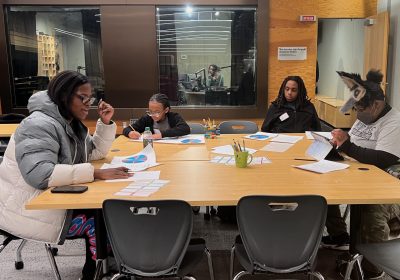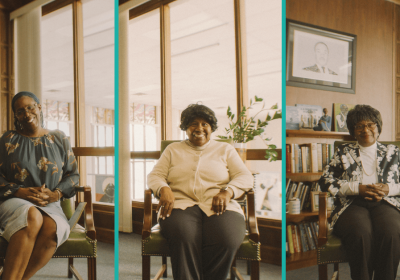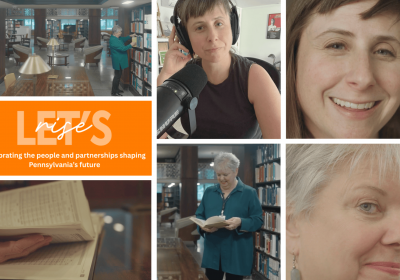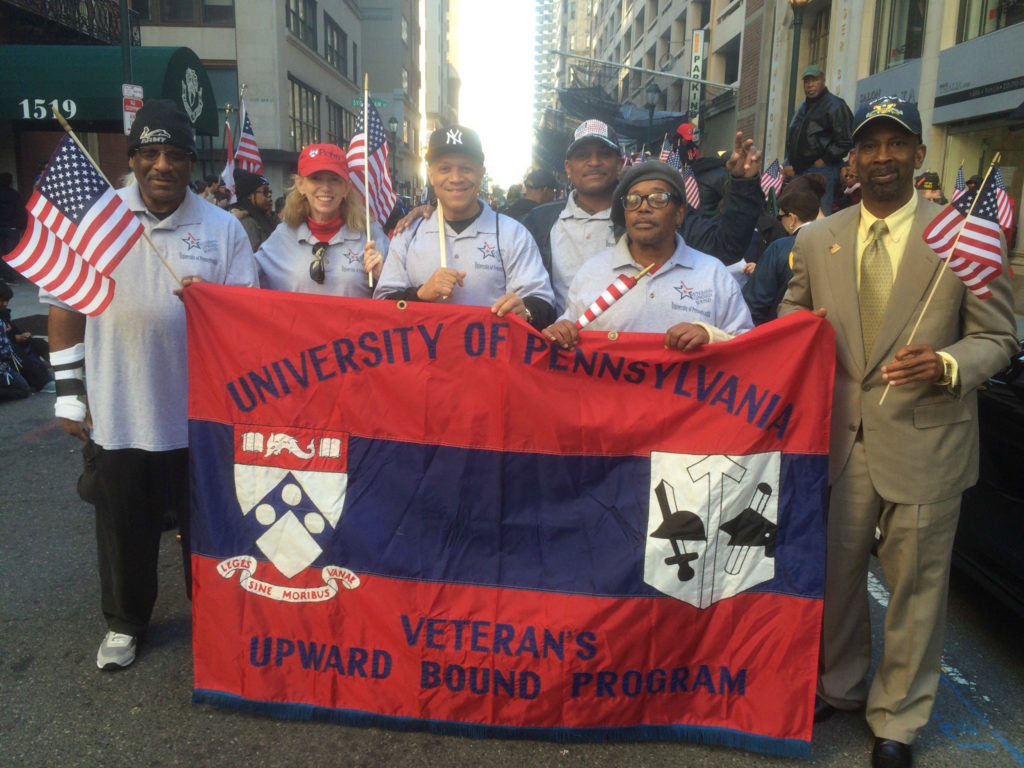
The University of Pennsylvania’s Veterans Upward Bound is a free non-credited, pre-college program that serves veterans in five Pennsylvania counties: Bucks, Chester, Delaware, Montgomery, and Philadelphia. About 79% of participating veterans are low-income, first-generation college attendees who are at high risk for academic failure. The program provides counseling, mentoring, and academic instruction, with the ultimate goal of increasing the rate at which these students go on to complete post-secondary degrees.
In 2015, through funding from the National Endowment for the Humanities’ Standing Together initiative, the Pennsylvania Humanities Council partnered with Penn VUB to expand and enhance the program’s humanities components. This expansion aimed to help participants build vital skills such as synthesizing information, effective communication, and critical reflection, all of which contribute to success in postsecondary education. Another program goal to which the humanities contribute is showing students that they have the ability to effect positive change, not only in their own lives but in their communities as well.
On a recent Friday afternoon at about 2 p.m. a group of Penn VUB students, mostly African-American men, gathered to discuss “Trouble in Mind,” a play by Alice Childress that explores race relations in the late 1950s. It was a lively scene, with conversation ranging from the play itself to current events and the veterans’ intense personal experiences of hope and connection, pain and mistrust.
The discussion was part of a literature class focused on the influence of Africa and African Americans in the U.S. Students also read “Two Trains Running” by August Wilson, which explores racism, sexism, classism, disabilities, the Vietnam War, economic injustice and respect in the 1960s. After reading the play and experiencing it in the theater, the students participated in a discussion with Penn professor Herman Beavers, who is an authority on Wilson’s plays. Finally, the students visited a local restaurant to enjoy a cultural experience together while eating Northern African foods.
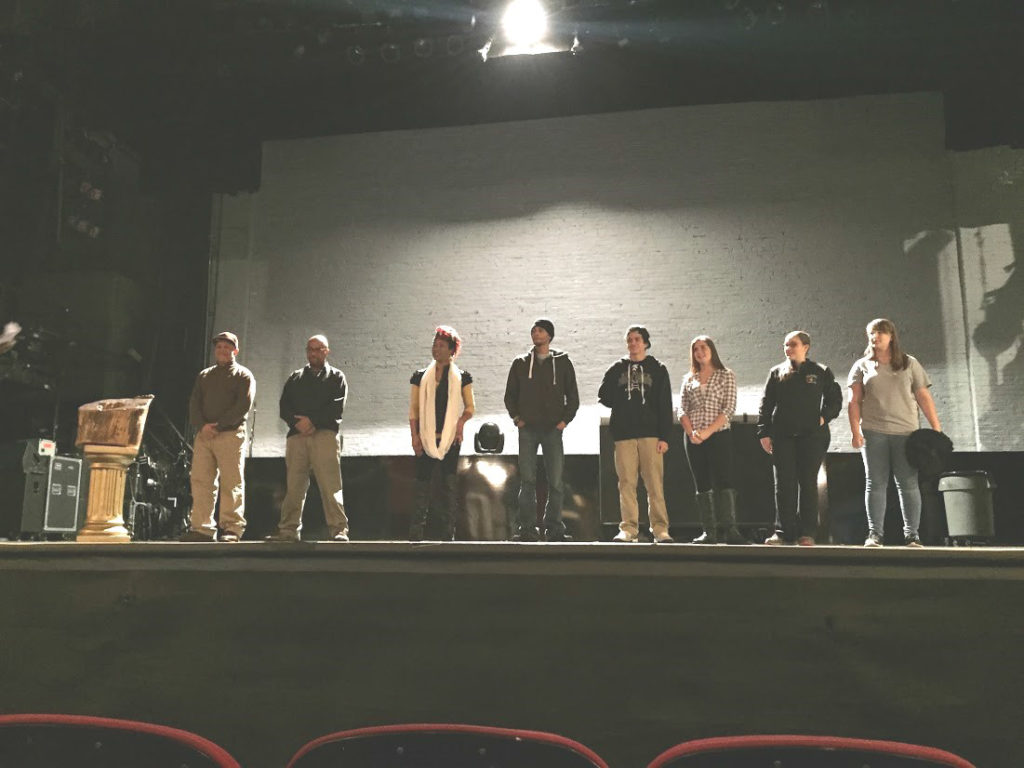
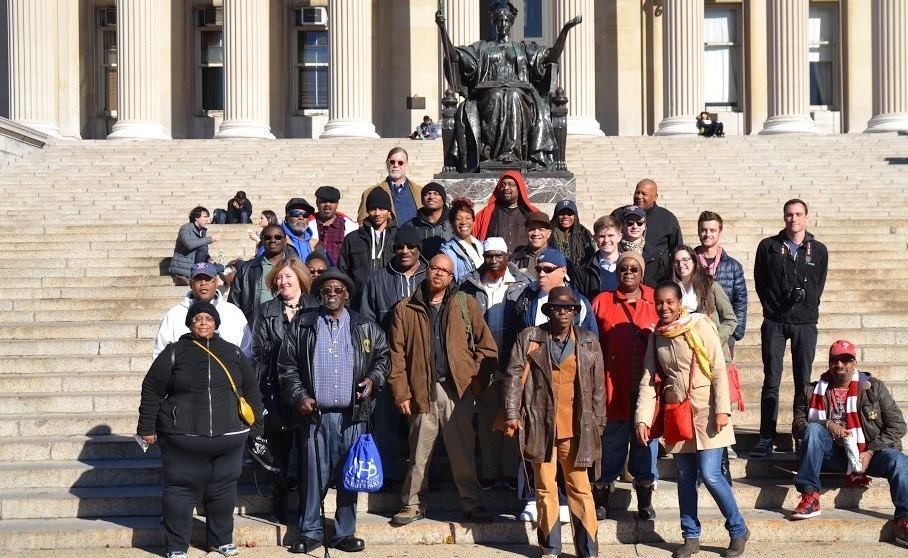
By engaging with courses like these, with related cultural activities, and with each other, students were able to build interdisciplinary thinking skills (with an emphasis on historical perspective and social justice), critical analysis skills and given opportunities to interact with one another and build personal relationships. “There is no doubt that [the students] are more confident, and their interest and knowledge has grown because of the implementation of the readings, activities and discussions that have taken place,” said program director Diane Sandefur.
Through its partnership with PHC, Penn VUB program coordinators also increased humanities offerings by adding an elective course on Peace, Justice & Human Rights which gave veterans the opportunity to discuss factors shaping human conflict, examine themes of human rights and investigate forms of oppression, injustice, and their relationship to conflict.
The expansion of the humanities in Penn VUB programming has helped veterans to improve their academic skills; 80% of program participants who completed the program have improved their academic performance as measured by a standardized test administered at the beginning and conclusion of the program. The success of the program doesn’t end there. In 2013 after completing the Penn VUB program nearly 90% of participants enrolled in postsecondary courses.
Penn VUB students who successfully completed the 2015-2016 program will be honored at a graduation ceremony at the end of August.
Read more about the program from the perspective of the students in The Warrior’s Journal, the Penn VUB program newsletter.
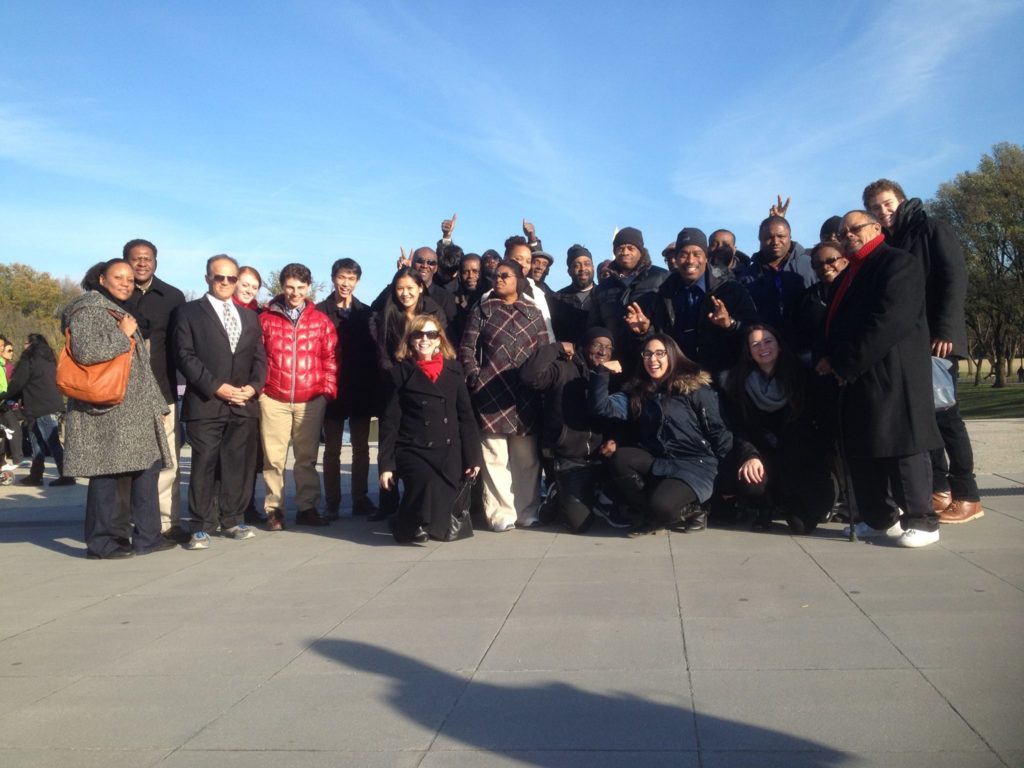
![[color – dark bg] PA SHARP FINAL FILES DB 72dpi [color - dark bg] PA SHARP FINAL FILES DB 72dpi](https://pahumanities.org/uploads/files/elementor/thumbs/color-dark-bg-PA-SHARP-FINAL-FILES-DB-72dpi-phgl7aimtfdpzt2rscvl43ksfv3asbbls19lsvuacw.jpg)
